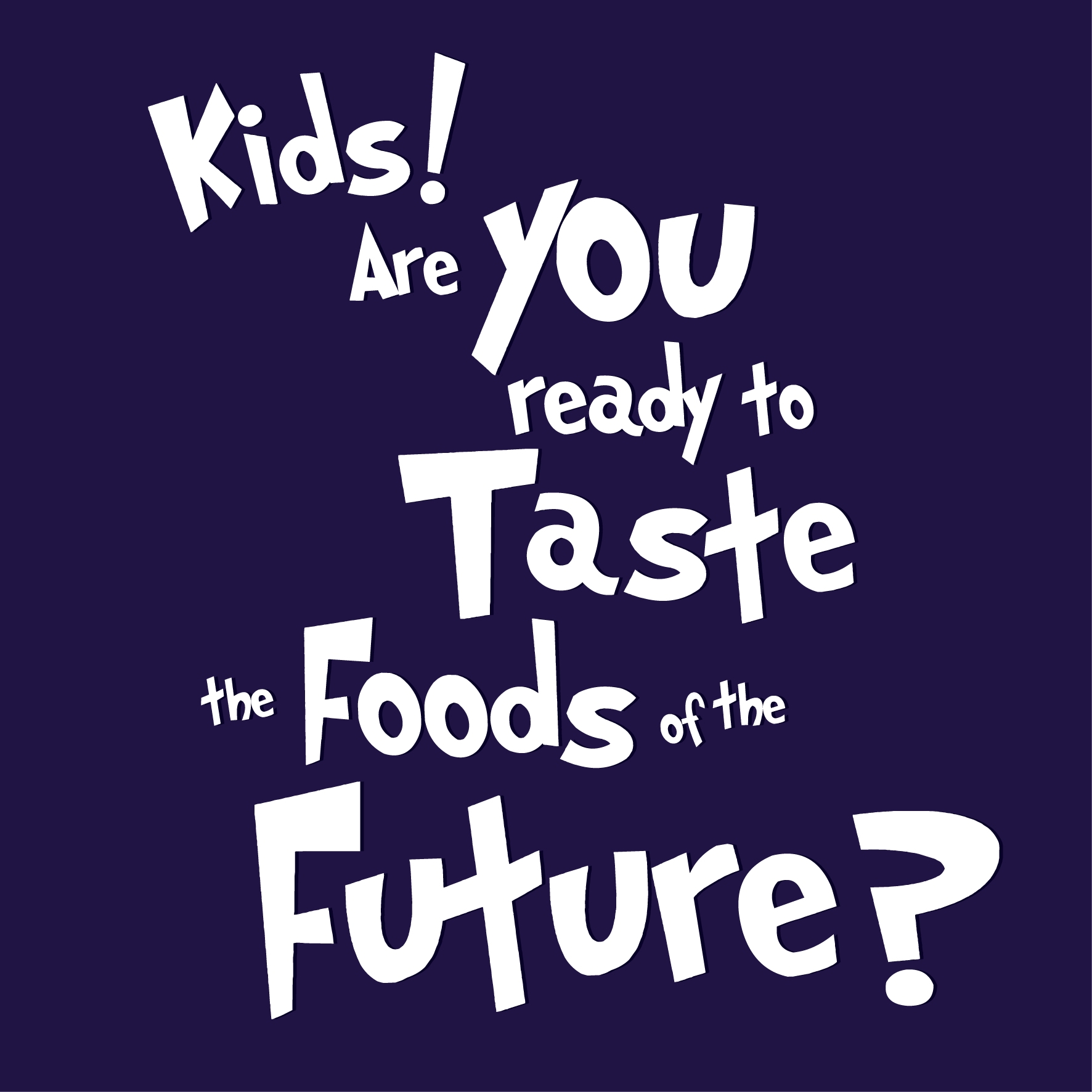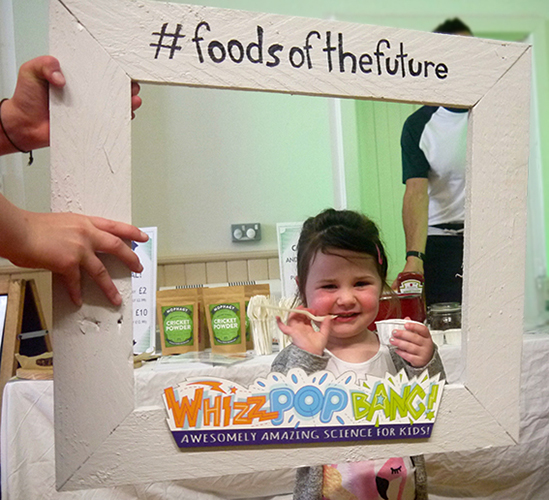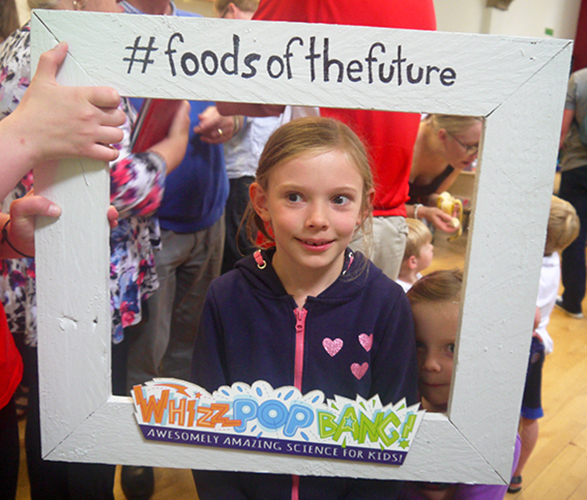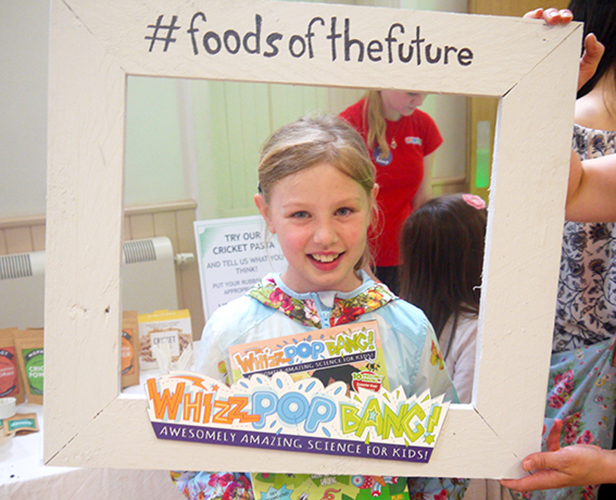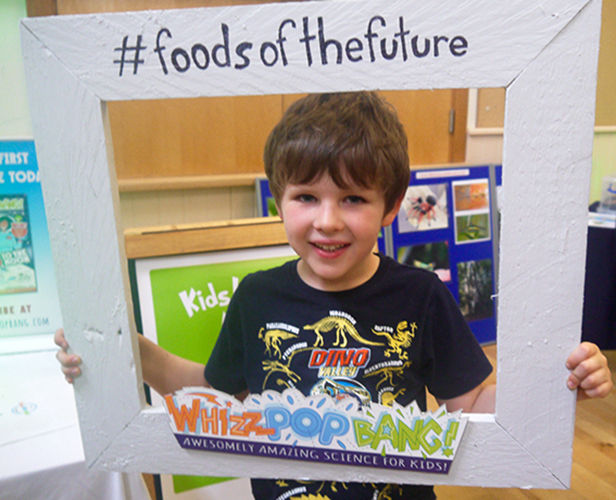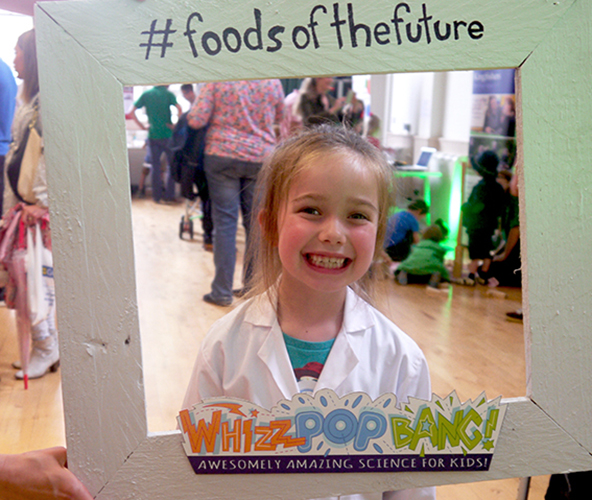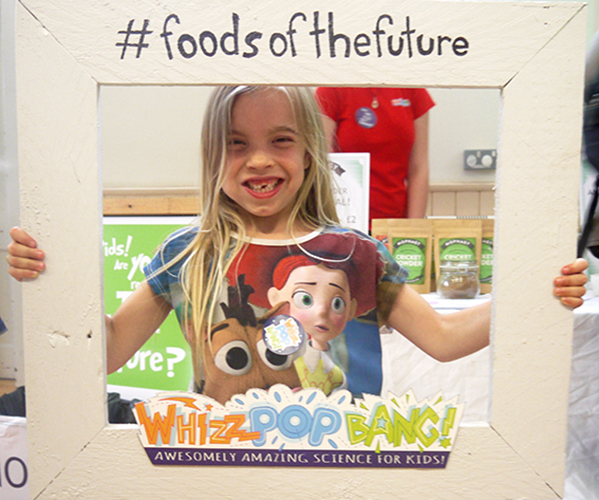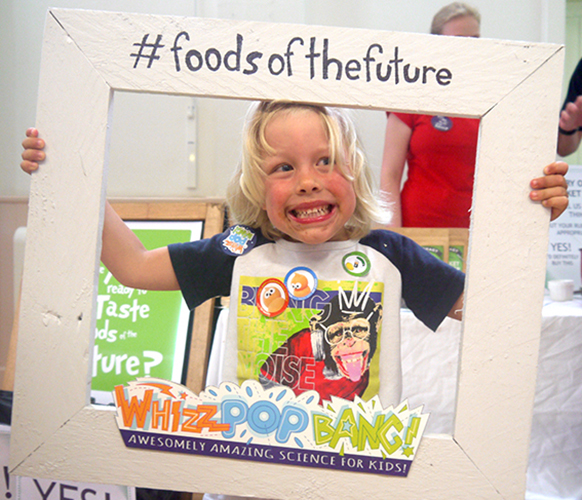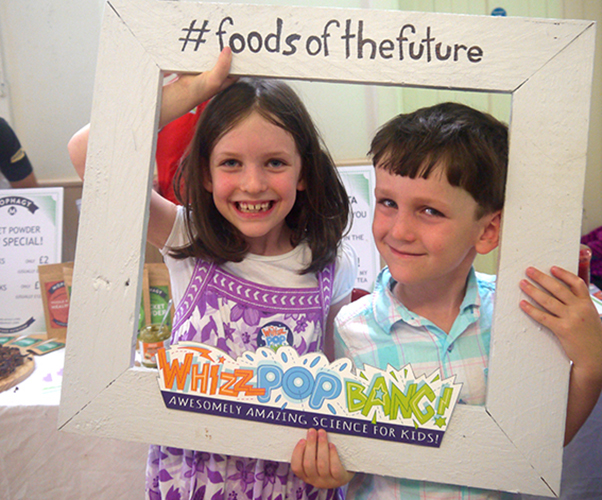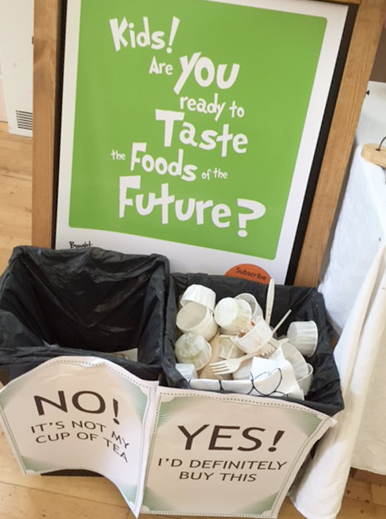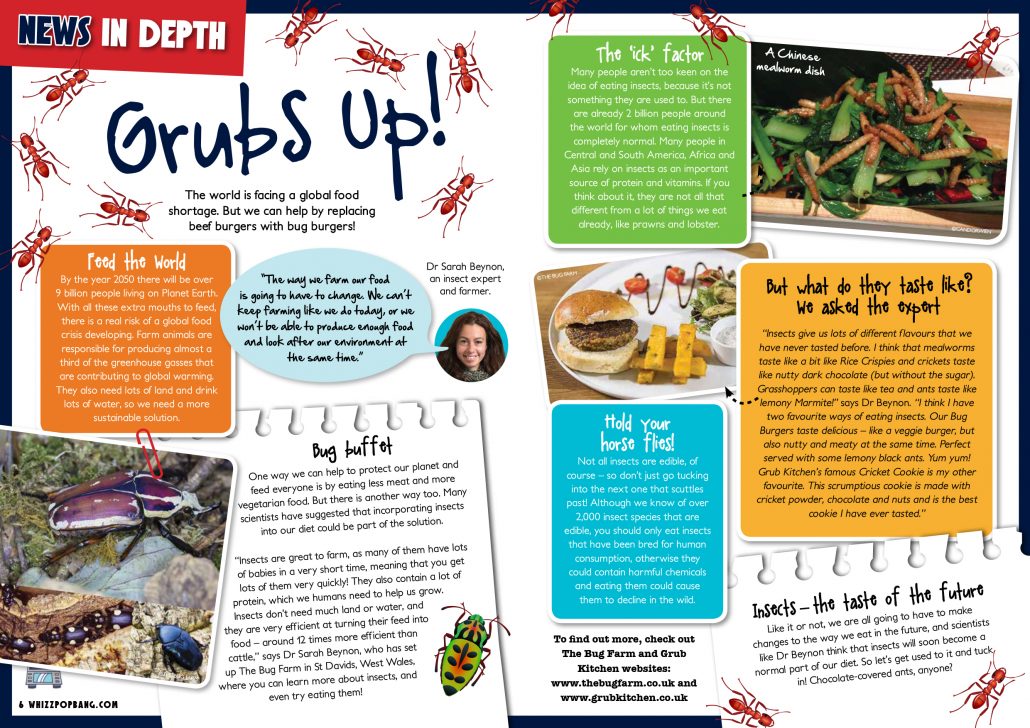“Remember to look up at the stars and not down at your feet. Try to make sense of what you see and wonder about what makes the universe exist. Be curious.”
Professor Stephen Hawking
Why are curiosity and inquisitiveness important?
The confidence to question is one of the greatest gifts we can give our children. The ability to answer questions comes further down the list – it’s that sense of wonder that is such an important building block.
This skill isn’t only important for scientists, either – it’s vital for navigating the wide world. Knowing how to question, for example, if a news story can be trusted, whether a politician’s promise can be believed, how to find out how something works, and so on, is crucial for us all.
We’re all born with an innate curiosity. First words soon form first questions: “Why shoes? Why breakfast? Why moon?” Let’s be honest, this isn’t always adorable – but reframing the ‘why’ phase as ‘a wonderful first glimpse into an enquiring young mind,’ might help us appreciate it more! Who knows what great questions our children may ask throughout their lives – and what incredible answers they might be driven to find.
So how can we encourage this curiosity and help to shape the next generation of inventors, engineers, medics, educators, change makers and more?
1. Question everything
Children are little sponges, so sharing your own enquiring mind with your curious children can encourage their own questions.
On a journey, you might wonder:
“Where does that road lead?”
“What will that new building look like when it’s finished?”
“How does gritting the road stop us from slipping?”
While cooking lunch, you could ask:
“Will turning the heat up make this cook faster?”
“How do these food scraps turn into compost?”
At bedtime, read the start of a story, then prompt:
“What happens next?”
Who knows what other questions, lively debate or answers you’ll inspire (and, let’s be realistic, the occasional “Shhhhh mum/dad!” is inevitable too!)
2. Foster a “give it a try”
Answers aren’t the aim of this game: it’s the confidence to speak out when something has got you wondering. Helping your child to understand that you don’t have to know or understand everything, but instead that the process of learning itself can be exciting and rewarding. Add the word “yet” onto the end of frustrated cries of “I don’t know how,” “I don’t understand” and “I can’t do it” to turn defeat into the start of a voyage of curiosity.
3. Celebrate mistakes
Getting things wrong can be annoying and hard for any of us to handle, but mistakes can also be funny, informative and surprising. Did you know that Play-doh, Saccharin sweetener and the microwave were all the result of accidental discoveries? Help your child to understand why something hasn’t worked as expected, get excited about any surprising results, then work out how you can vary the process to get a different outcome next time!
4. Add a little Whizz Pop Bang!
Picking up the latest issue of Whizz Pop Bang is enough to awaken anyone’s curiosity, so surprise your scientist-in-the making by setting up a lab in your kitchen and getting stuck in to some experiments. Need more inspiration? Click here to take a look inside the Planetary Adventures issue where you can find out how to cook potato planets, craft a solar system model and read an interview with a Martian (aka someone who has lived in an environment set up to mimic Mars!)
Mission: Awaken curiosity accomplished!
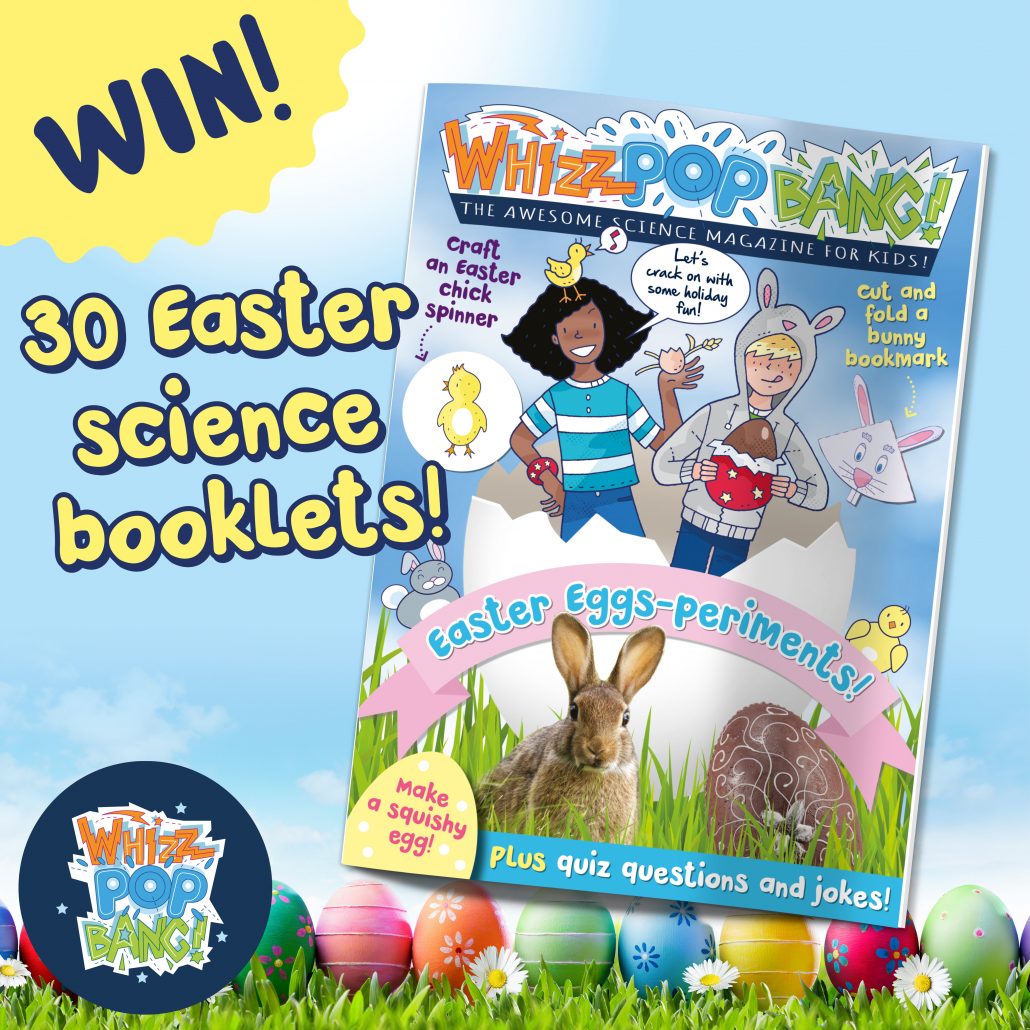

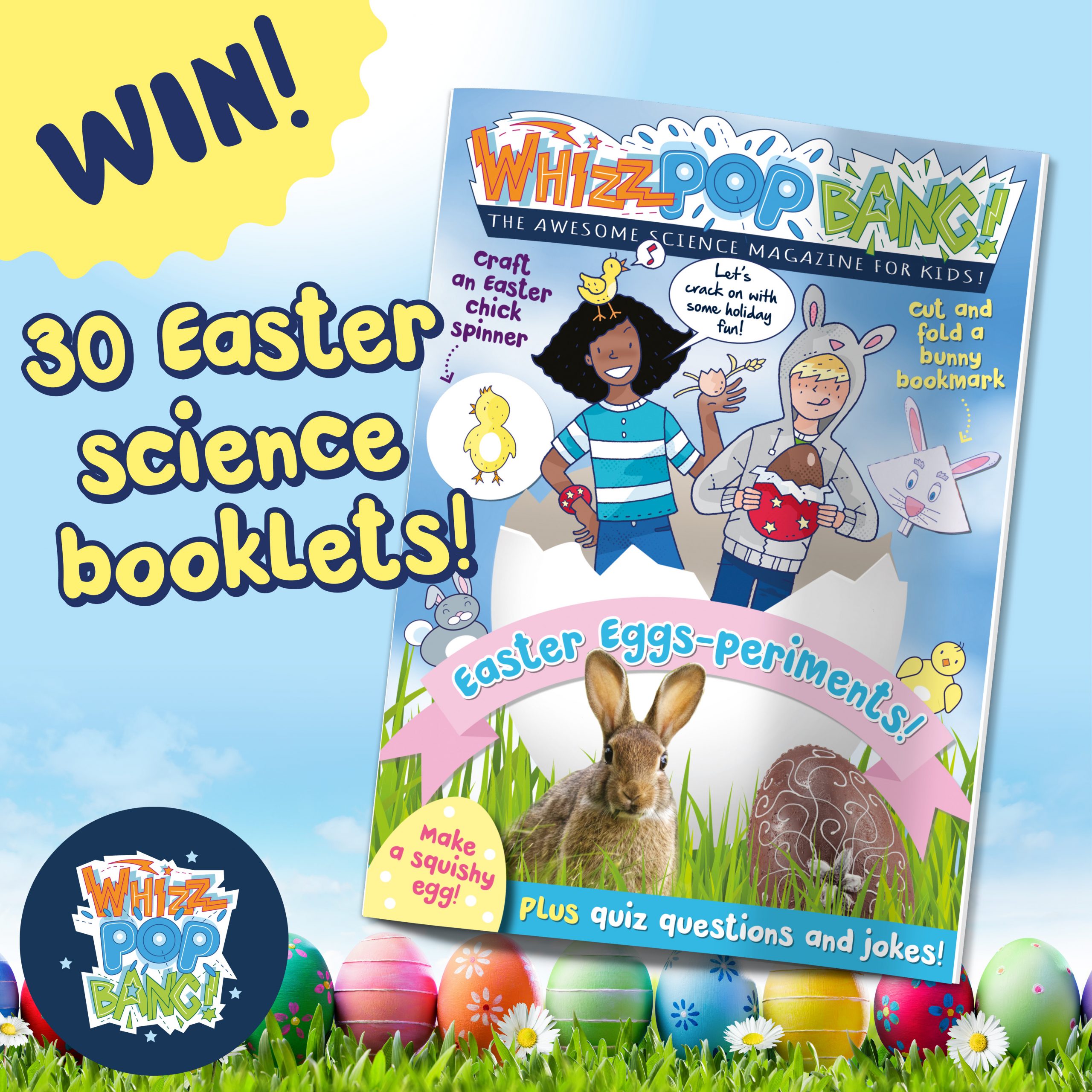
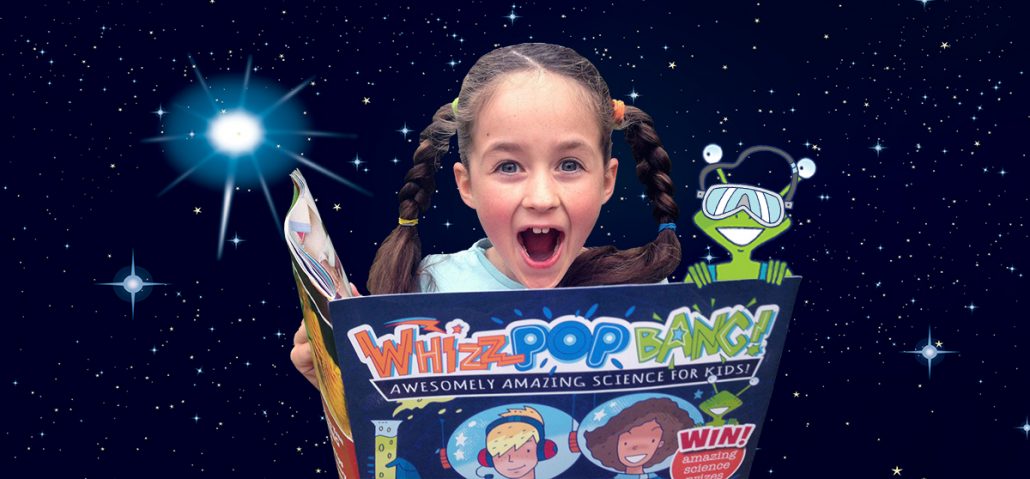
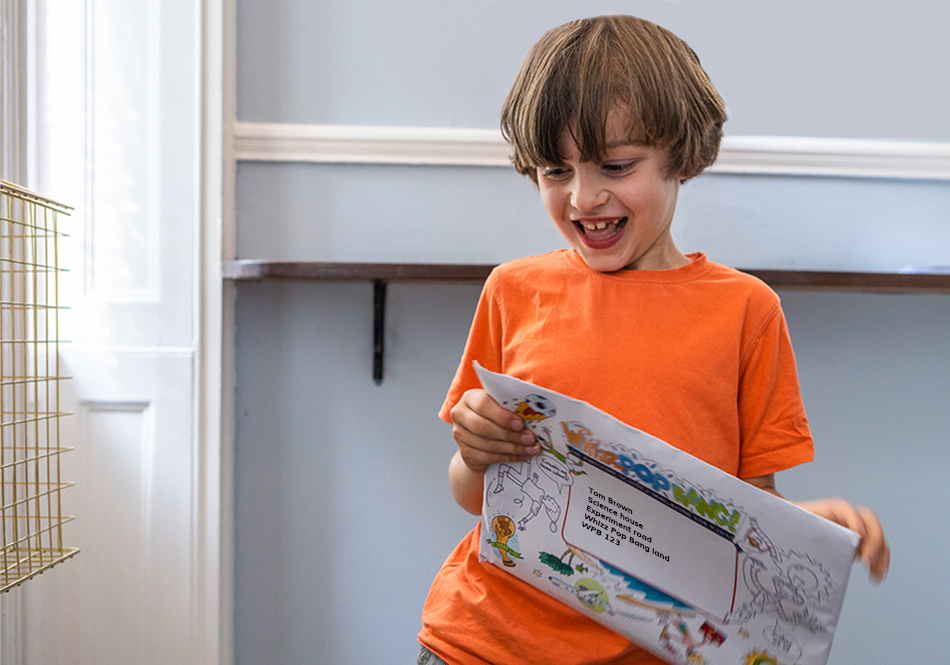
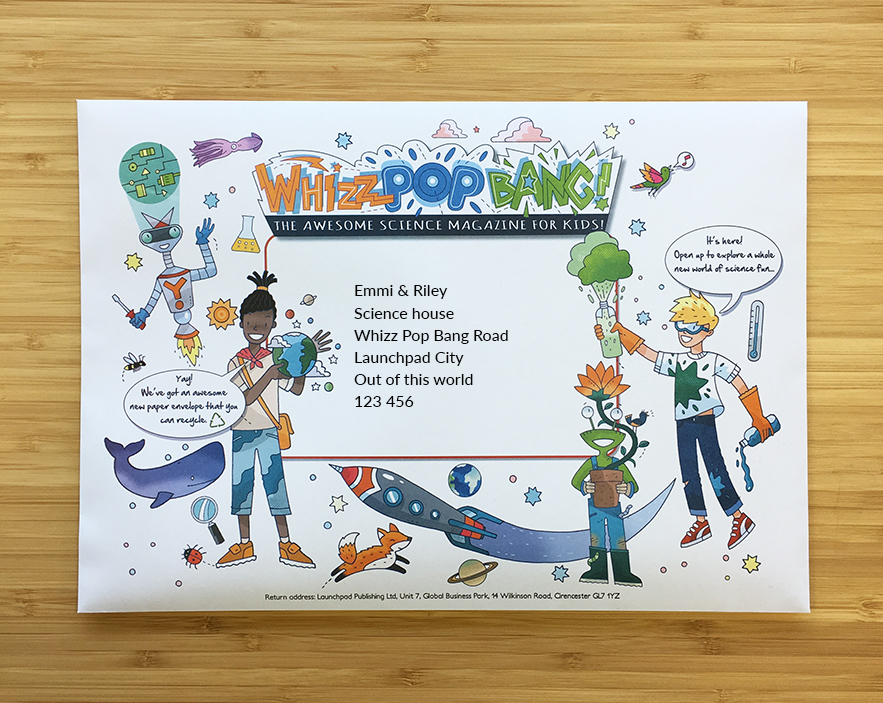
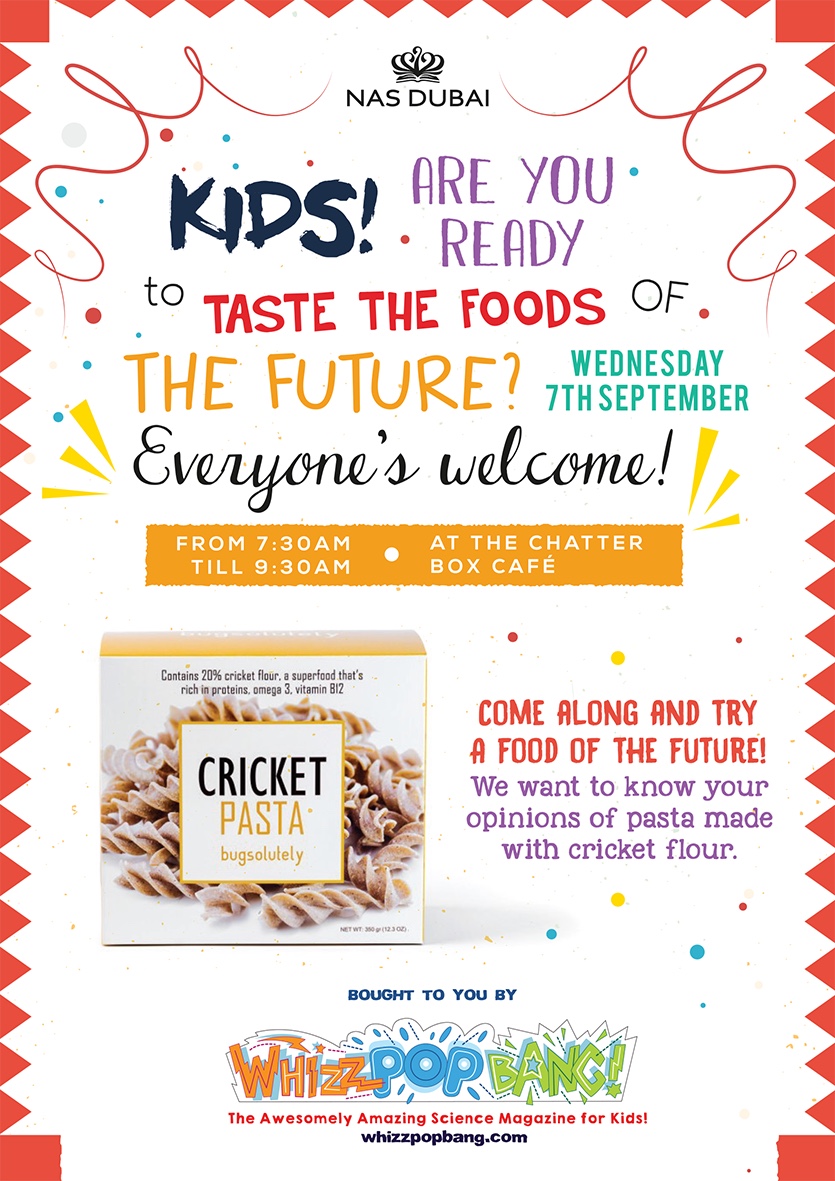
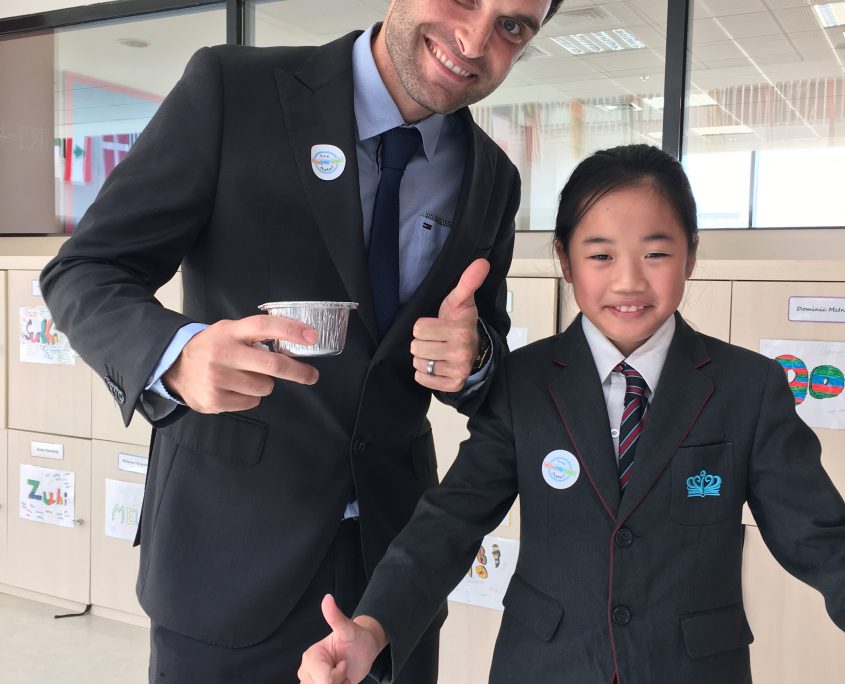
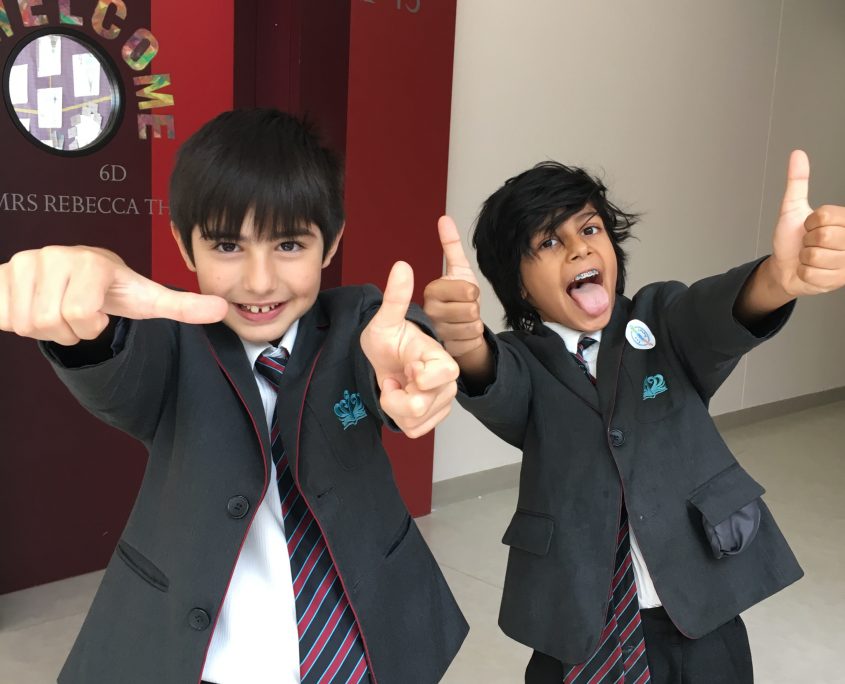
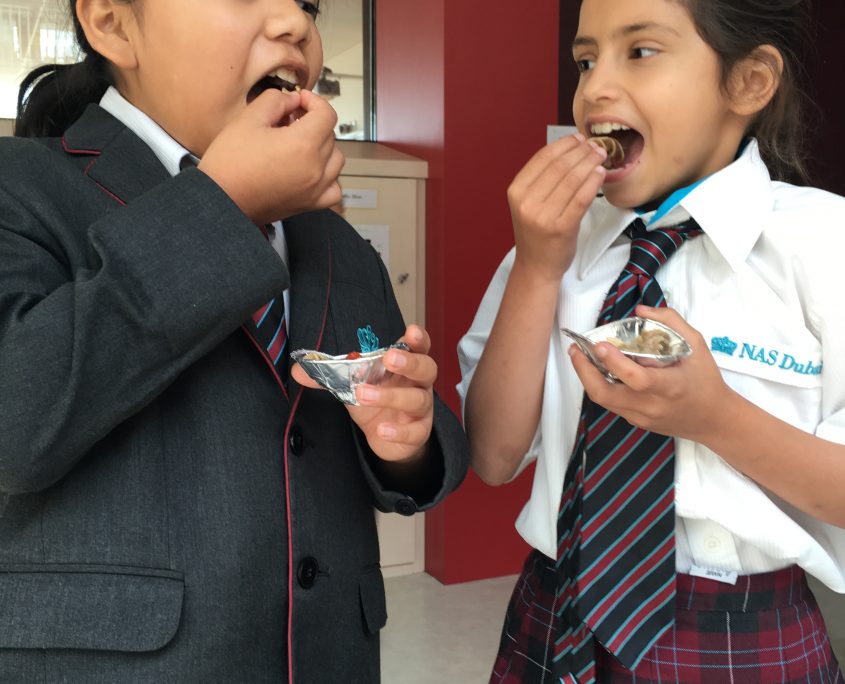
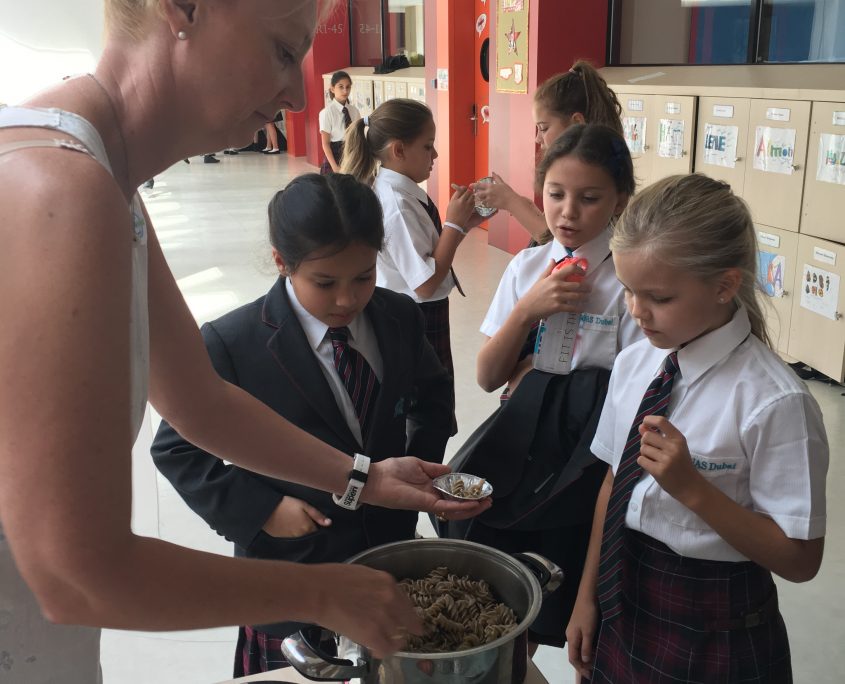
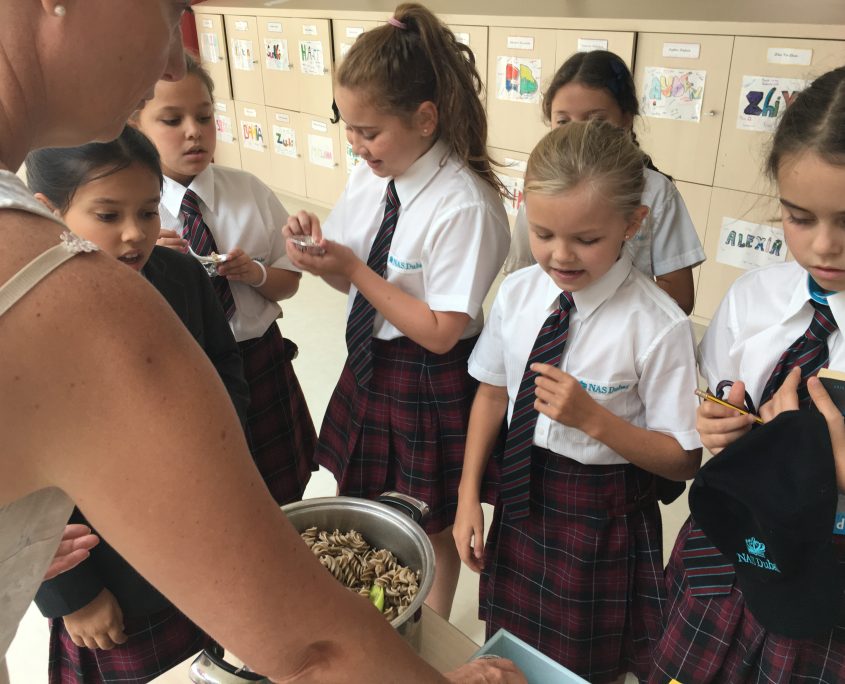
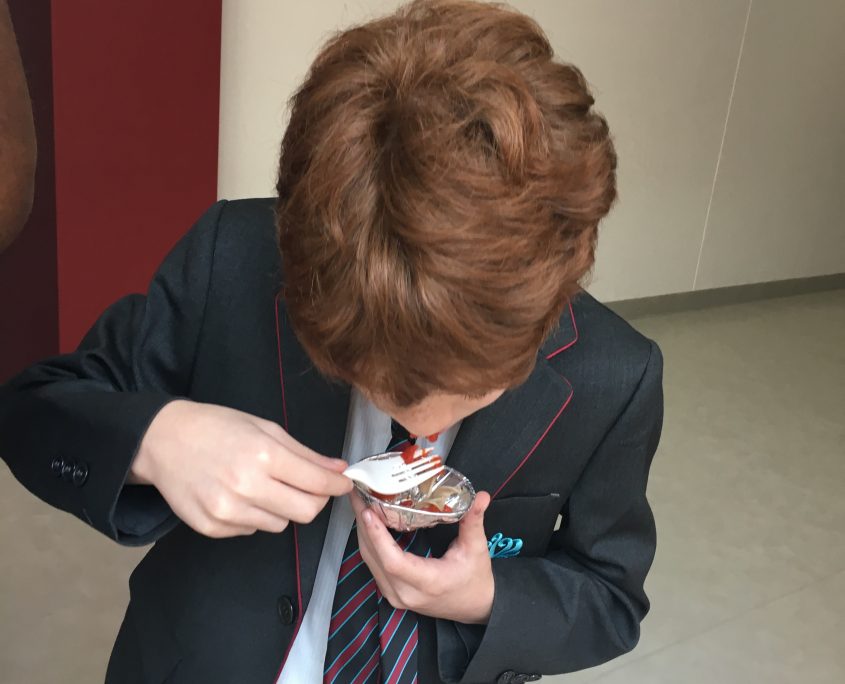
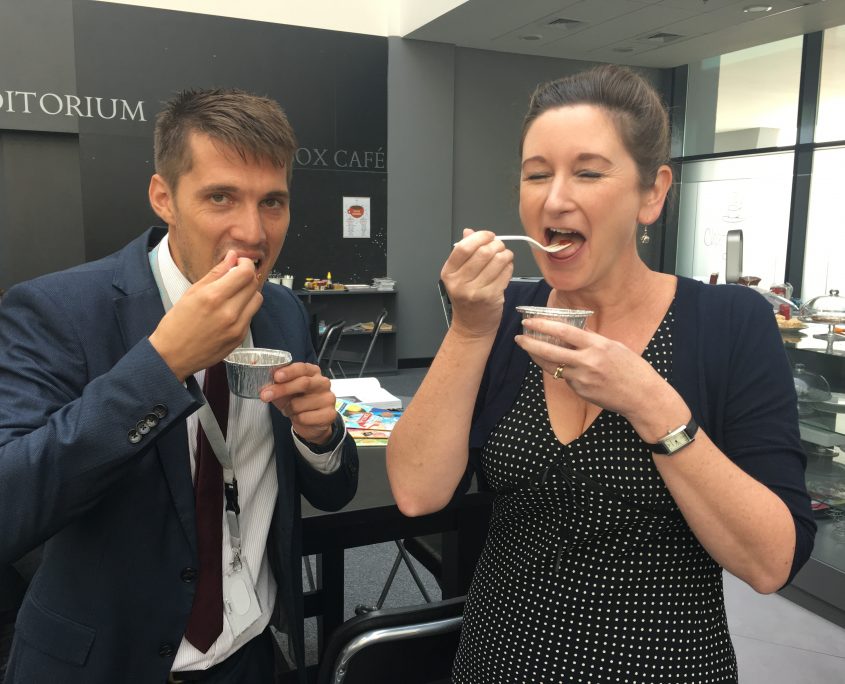
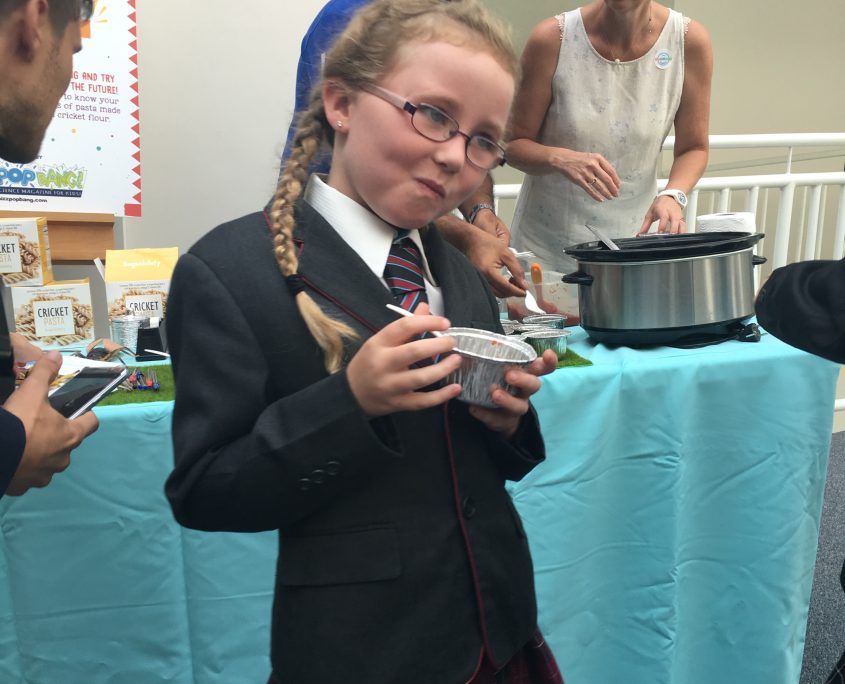
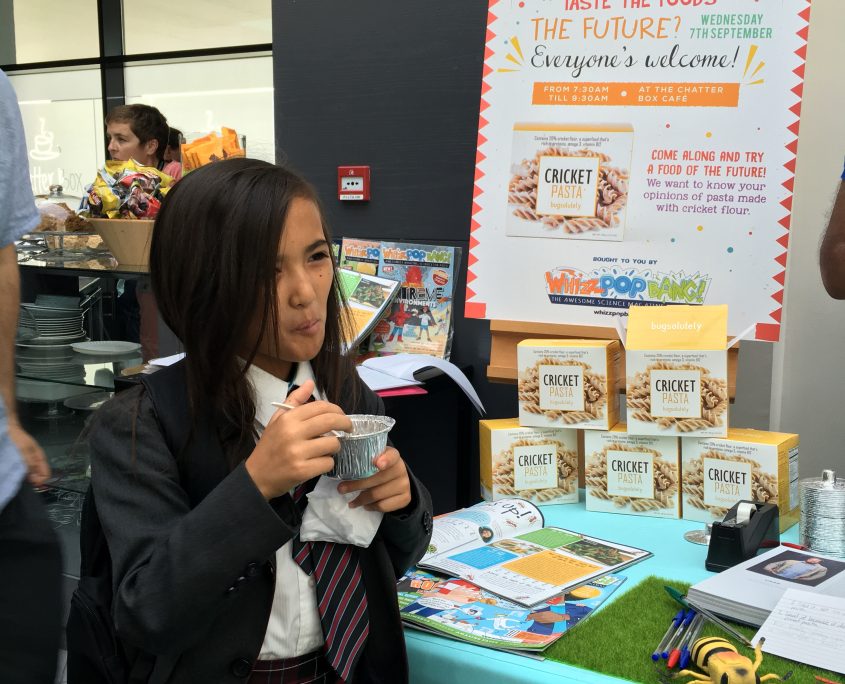
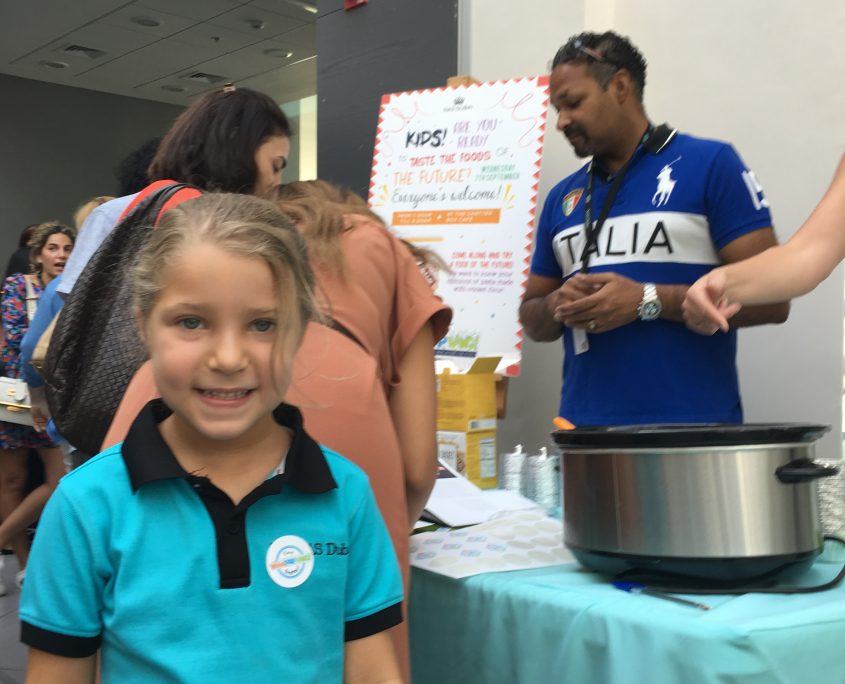
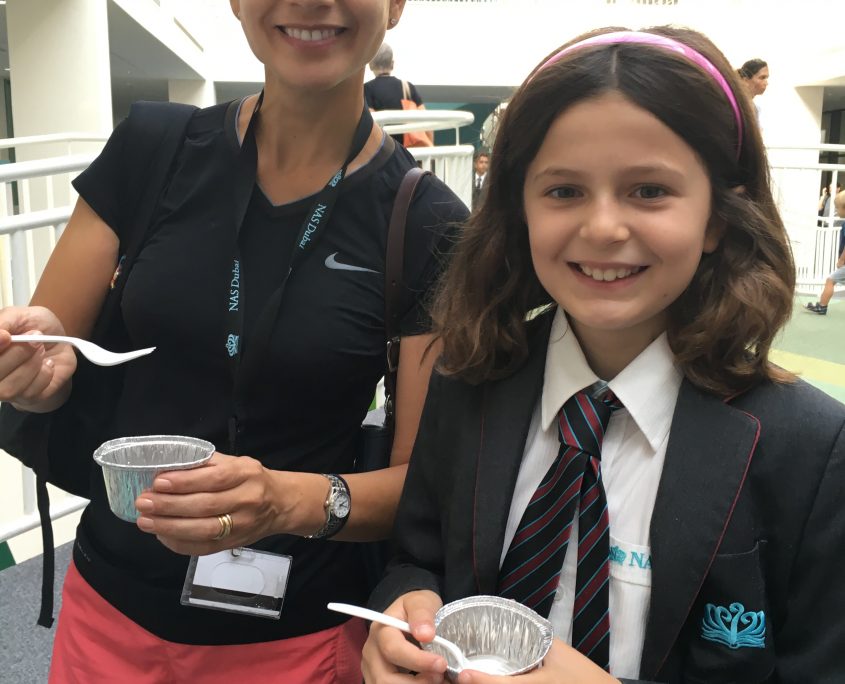
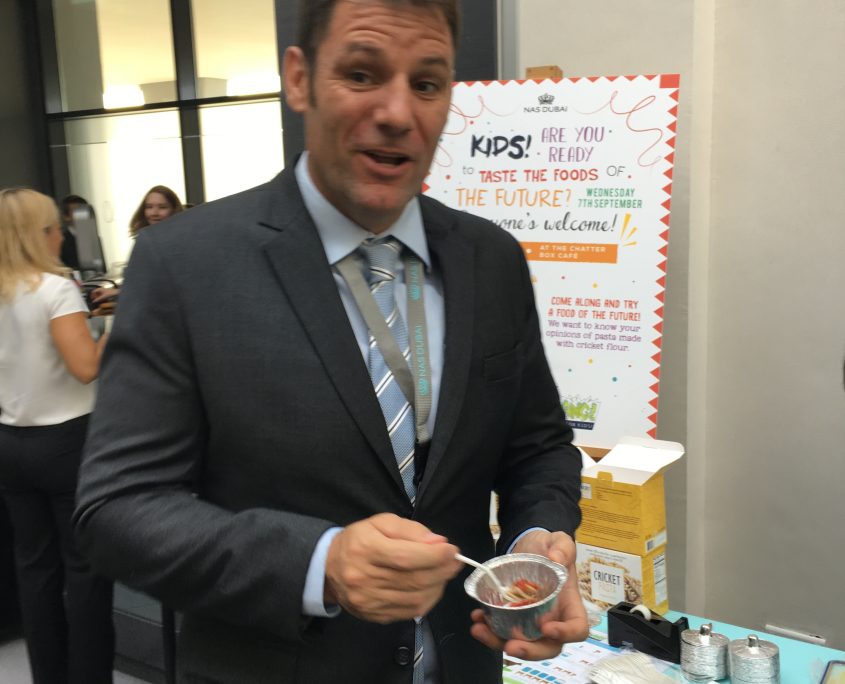

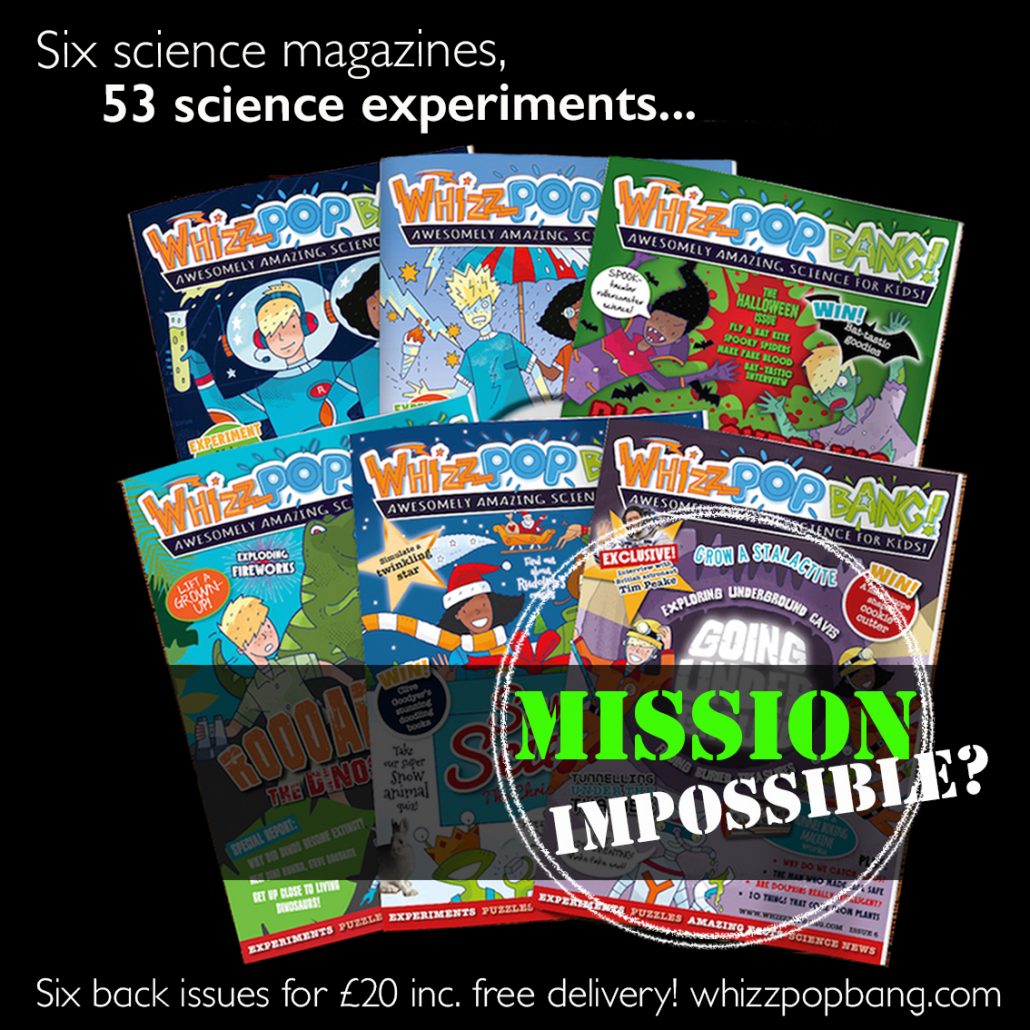
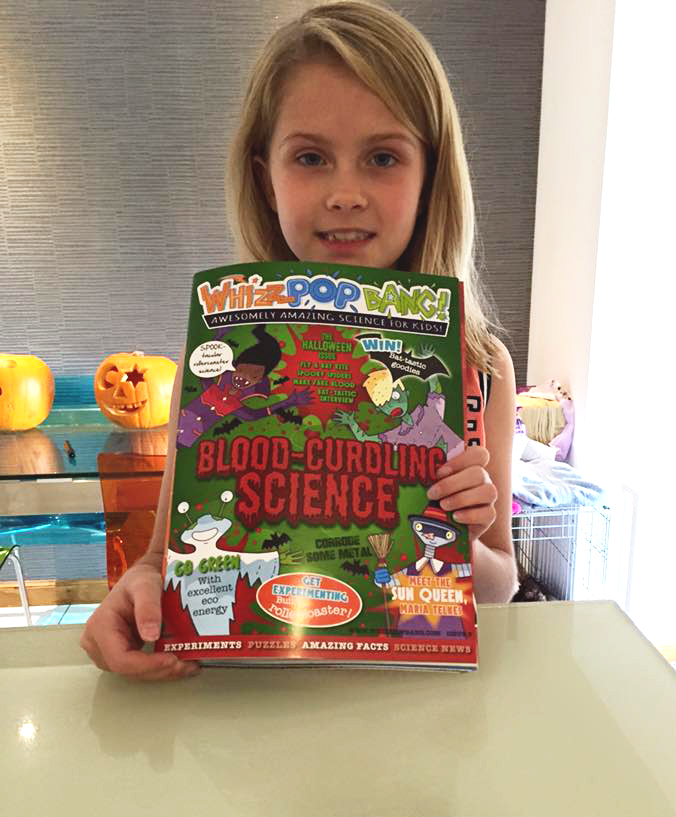
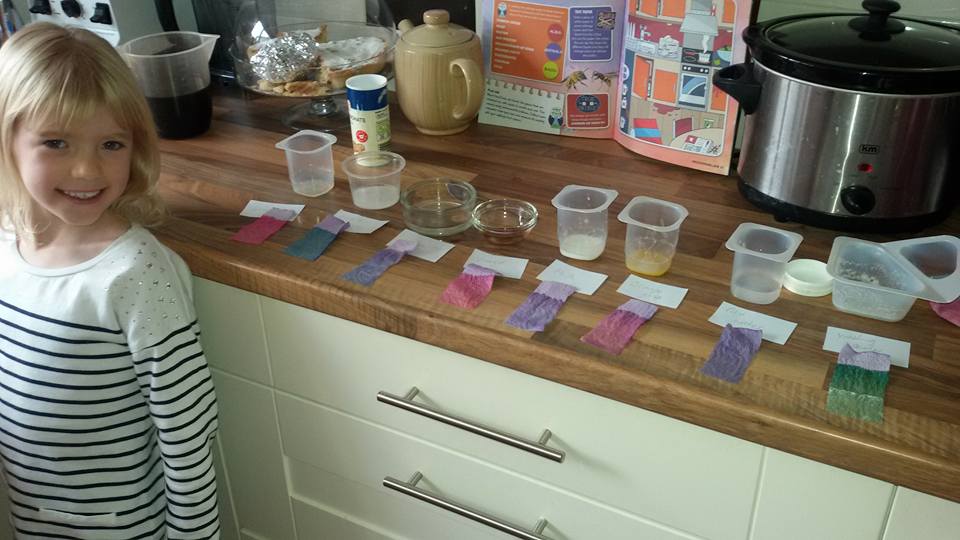 “I get very frustrated about the lack of women in science, having experienced sexism at university, such as comments about women being at the kitchen sink instead of in laboratories. I wanted to be part of the solution and try to change that attitude.”
“I get very frustrated about the lack of women in science, having experienced sexism at university, such as comments about women being at the kitchen sink instead of in laboratories. I wanted to be part of the solution and try to change that attitude.”